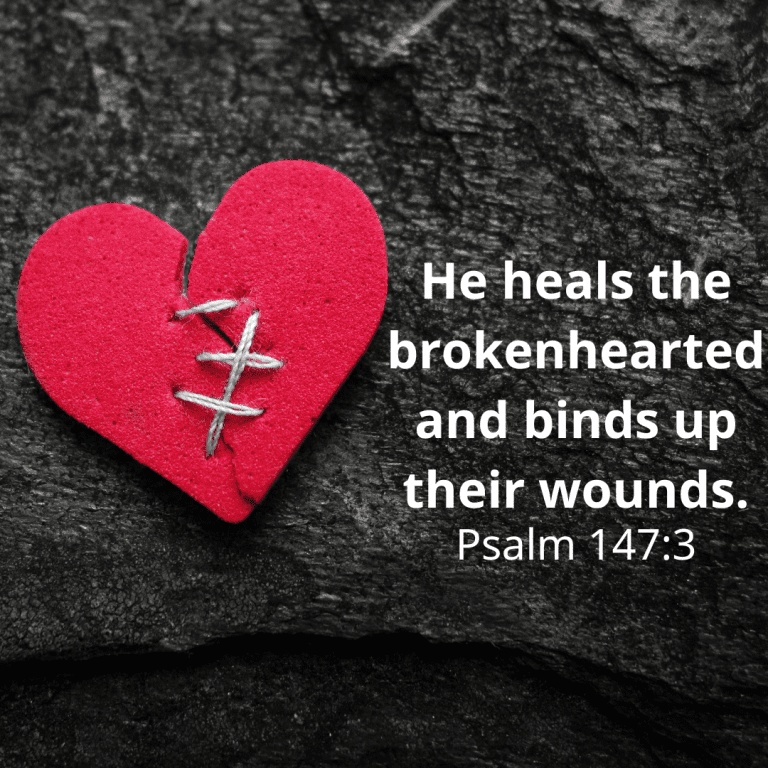Mazwago a Mushe
1 Ipapo nlume mmwe mu nsha wa Levi kalobola nkadzi we Nlevi 2 Nkadzi iwoyo kazwisenga kawana mwana we tjilisana. Kati ebona kuti mwana wakanaka kansumbika mimwedzi ili mitatu. 3 Wakati asingatjatubule kunsumbika kanlukila itundu tje lutokwe katjidzulula nge ikontiri. Kabe elonga mwana mukati kwatjo ebe etjibiga pakati kwe shanga dze gwizi mu phili yago. 4 Hazwadzi ye mwana iwoyo yakabe inlinda ili thambgwana kubona tjinganshingikalila.
5 Nkololokadzi wa Faro kazha kuwongula mu gwizi, ngono balandakadzi babe bakabe beyenda mu phili dzago. Iye kabona itundu pakati kwe shanga dze gwizi ngono katuma nlandakadzi uwe kunotjitola. 6 Kati etjifumula kawana mwana mutjili. Mwana wakabe elila ngono iye kanhwila ngoni kabe eti, “Iwoyu wakafanila ali mmwe we bana be Bahebheru.”
7 Hazwadzi iye ipapo ikabe iti ku nkololokadzi wa Faro, “Ndiyende kene ndinokushakila nledzi mu bakadzi be Bajuta kukulelela iye?” 8 Nkololokadzi wa Faro kabe eti, “Ee, yenda.” Ndizo mwanadi iwoyo kayenda kanodana mayi be mwana. 9 Nkololokadzi wa Faro kabe ebadwa eti, “Tola mwana iwoyu undilelele iye, ndowokupa mbhayilo uwo.” Ndizo nkadzi iwoyo katola mwana kanlela. 10 Mwana kati akula, kantola kan'yisa ku nkololokadzi wa Faro ngono iye kantola kanthama nkololo uwe. Kantumila eti Mushe ngoti wakati, “Ndakan'dusa mu vula.”
Mushe unotizhila ku Midiya
11 Mu limwe zhuba Mushe atjikula, kabhuda kayenda ku bathu bakanyi kukwe ngono kabona nshingo unolema wabanokombeledzwa. Kabona N'egipiti eloba Nhebheru, mmwe we bakanyi kukwe. 12 Mushe kalinga yeno na yeno, kati asina waanobona kabulaya N'egipiti kansumbika mu nsetje. 13 Kati tjimuka etendeleka kakale, kabona Bahebheru babili begwa ngono kabhuzwa wakabe ali nlandu kati, “Unolobelani Nhebheru sawe kene?”
14 Iye kadabila eti, “Ndiani wakakubiga kube nlauli ne nsumikilisi wedu? Unoshaka kundibulaya se kwawakabulaya N'egipiti kene?” Ipapo Mushe kazhigwa ngotja ngono kakumbula eti, “Tjandakashinga tjakafanila tjozibgwa.” 15 Faro kati ehwa ngekwako, kada kubulaya Mushe.
Koga Mushe katizha Faro kayenda ku shango ye Midiyani. Kaswika pakabe pana tshime kabe egala pahwunde ne tshime. 16 Mpirisiti we Midiyani wakabe ana bakololokadzi bali kutendeka. Bakazha bakazhadza vula mu migoro kung'wisa pkhwizi ne mbudzi dza tate babo. 17 Bamwe balisi bakazha bakabatata. Mushe kamilika kabagwila kang'wisa pkhwizi ne mbudzi dzabo 18 Bakati bebgwilila kuna tate babo Ruwele, bakabhuzwa beti, “Nasi mabuya tjinyolotjo zwingapa kwatini?”
19 Ibo bakabe beti, “Tagwigwa nge N'egipiti mu balisi, wabuya kating'wisila pkhwizi ne mbudzi dzedu. 20 Iye kabhuzwa bakololokadzi babe kati, ‘Ungayi ngono? Mansiyilani kene? Mun'dane awoja zojiwa naswi.’ ” 21 Mushe kadumana ne kugala ne nlume iwoyo, ngono nlume iwoyo kampa nkololokadzi uwe Ziphora kunlobola. 22 Ziphora kawana mwana we tjilisana, ngono Mushe kantumila zina eti Geshomu, ngoti wakati, “Ndi nzhi mu shango isi ya kanyi kwedu.”
23 Shule kwe tjibaka tjilefu, Mambo we Egipiti kafa. Baiziraela bakabe batjatshinda nge bulanda gwabo belila. Bakalilila Ndzimu ngekwe bulanda gwabo beti ubabhatshe. 24 Ndzimu ukahwa kutshinda kwabo ngono Ndzimu ukakumbula tjidumano tjawo na Abhurahama na Isaki na Jakubo. 25 Ndzimu ukalinga Baiziraela ukabayitila hanya.
Moses Is Born
1 A man from the Levi tribe married a woman from the same tribe, 2 and she later had a baby boy. He was a beautiful child, and she kept him inside for three months. 3 But when she could no longer keep him hidden, she made a basket out of reeds and covered it with tar. She put him in the basket and placed it in the tall grass along the edge of the Nile River. 4 The baby's older sister stood off at a distance to see what would happen to him.
5 About that time one of the king's daughters came down to take a bath in the river, while her servant women walked along the river bank. She saw the basket in the tall grass and sent one of them to pull it out of the water. 6 When the king's daughter opened the basket, she saw the baby crying and felt sorry for him. She said, “This must be one of the Hebrew babies.”
7 At once the baby's older sister came up and asked, “Do you want me to get a Hebrew woman to take care of the baby for you?”
8 “Yes,” the king's daughter answered.
So the girl brought the baby's mother, 9 and the king's daughter told her, “Take care of this child, and I will pay you.”
The baby's mother carried him home and took care of him. 10 And when he was old enough, she took him to the king's daughter, who adopted him. She named him Moses because she said, “I pulled him out of the water.”
Moses Escapes from Egypt
11 After Moses had grown up, he went out to where his own people were hard at work, and he saw an Egyptian beating one of them. 12 Moses looked around to see if anyone was watching, then he killed the Egyptian and hid his body in the sand.
13 When Moses went out the next day, he saw two Hebrews fighting. So he went to the man who had started the fight and asked, “Why are you beating up one of your own people?”
14 The man answered, “Who put you in charge of us and made you our judge? Are you planning to kill me, just like you killed that Egyptian?”
This frightened Moses because he was sure that people must have found out what had happened. 15 When the king heard what Moses had done, he wanted to kill him. But Moses escaped and went to the land of Midian.
One day, when Moses was sitting by a well, 16 the seven daughters of Jethro, the priest of Midian, came up to water their father's sheep and goats. 17 Some shepherds tried to chase them away, but Moses came to their rescue and watered their animals. 18 When Jethro's daughters returned home, their father asked, “Why have you come back so early today?”
19 They answered, “An Egyptian rescued us from the shepherds, and he even watered our sheep and goats.”
20 “Where is he?” Jethro asked. “Why did you leave him out there? Invite him to eat with us.”
21 Moses agreed to stay on with Jethro, who later let his daughter Zipporah marry Moses. 22 And when she had a son, Moses said, “I will name him Gershom, since I am a foreigner in this country.”
23 After the death of the king of Egypt, the Israelites still complained because they were forced to be slaves. They cried out for help, 24 and God heard their loud cries. He did not forget the promise he had made to Abraham, Isaac, and Jacob, 25 and because he knew what was happening to his people, he felt sorry for them.

